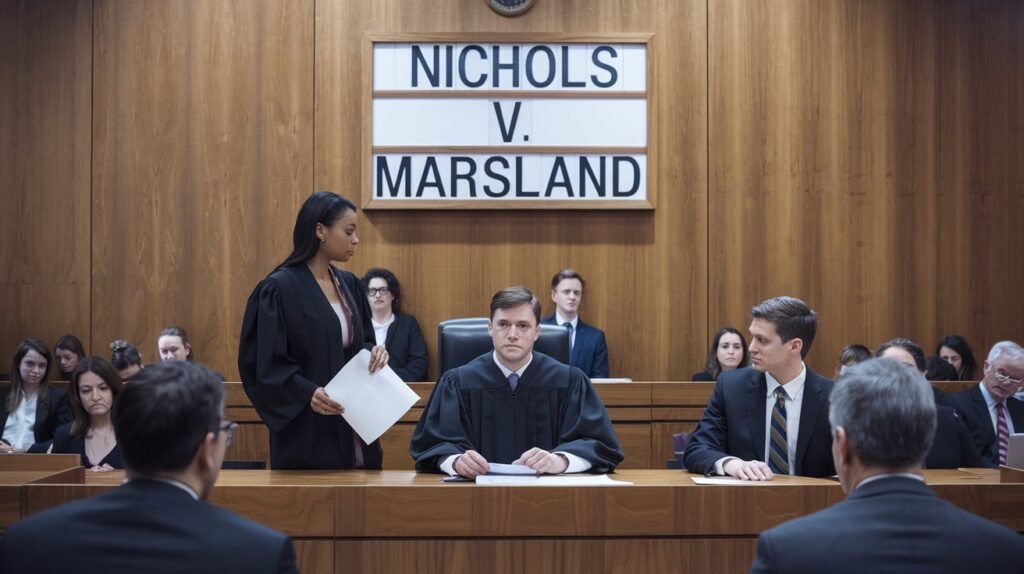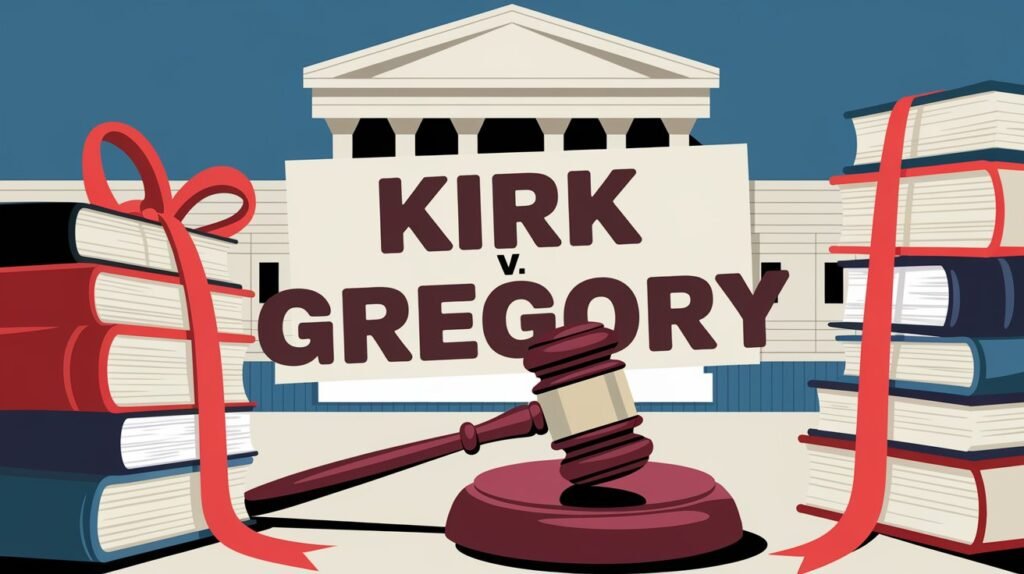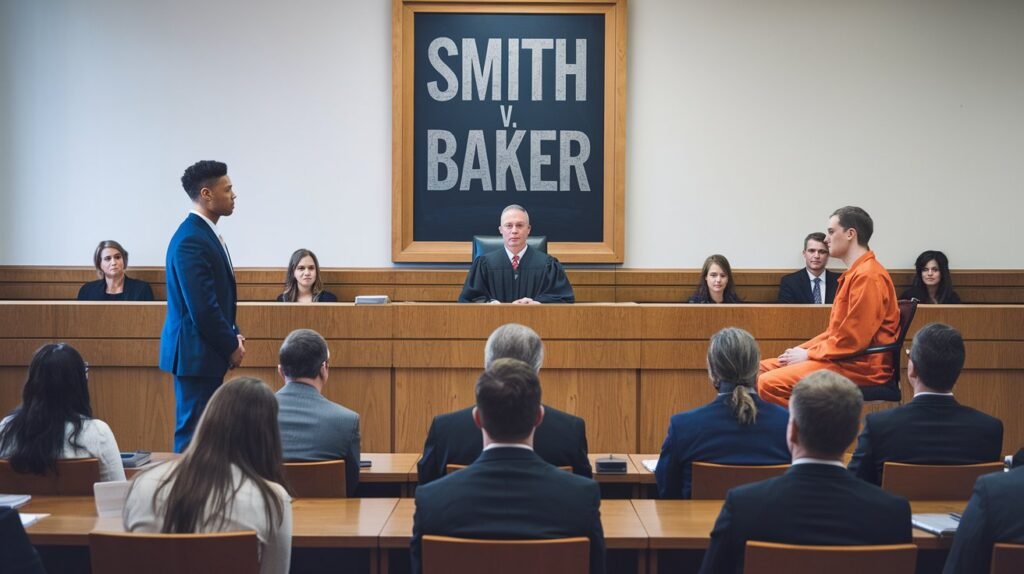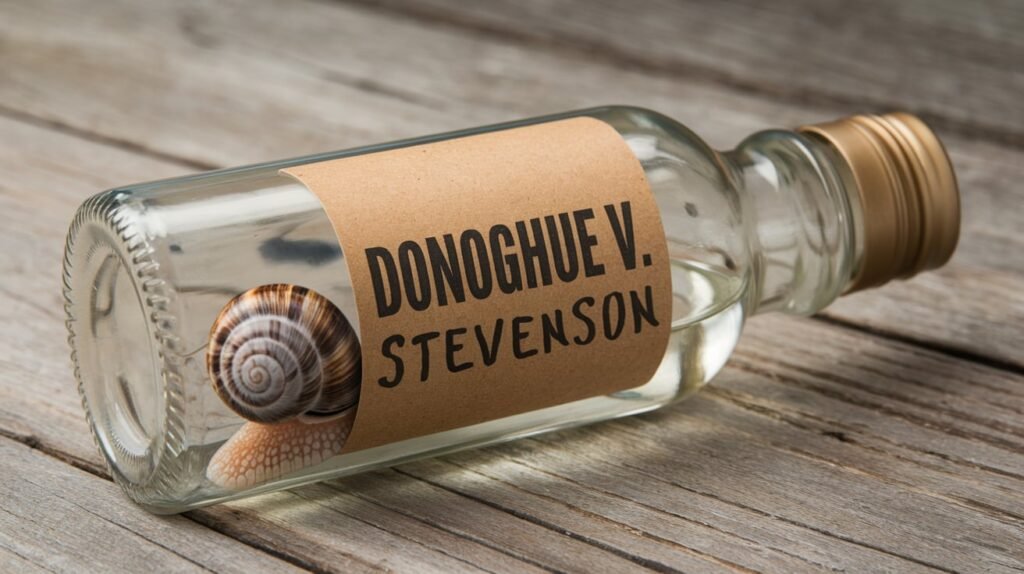Ellis V. Sheffield Gas Consumers Company 1853 (Case Summary)
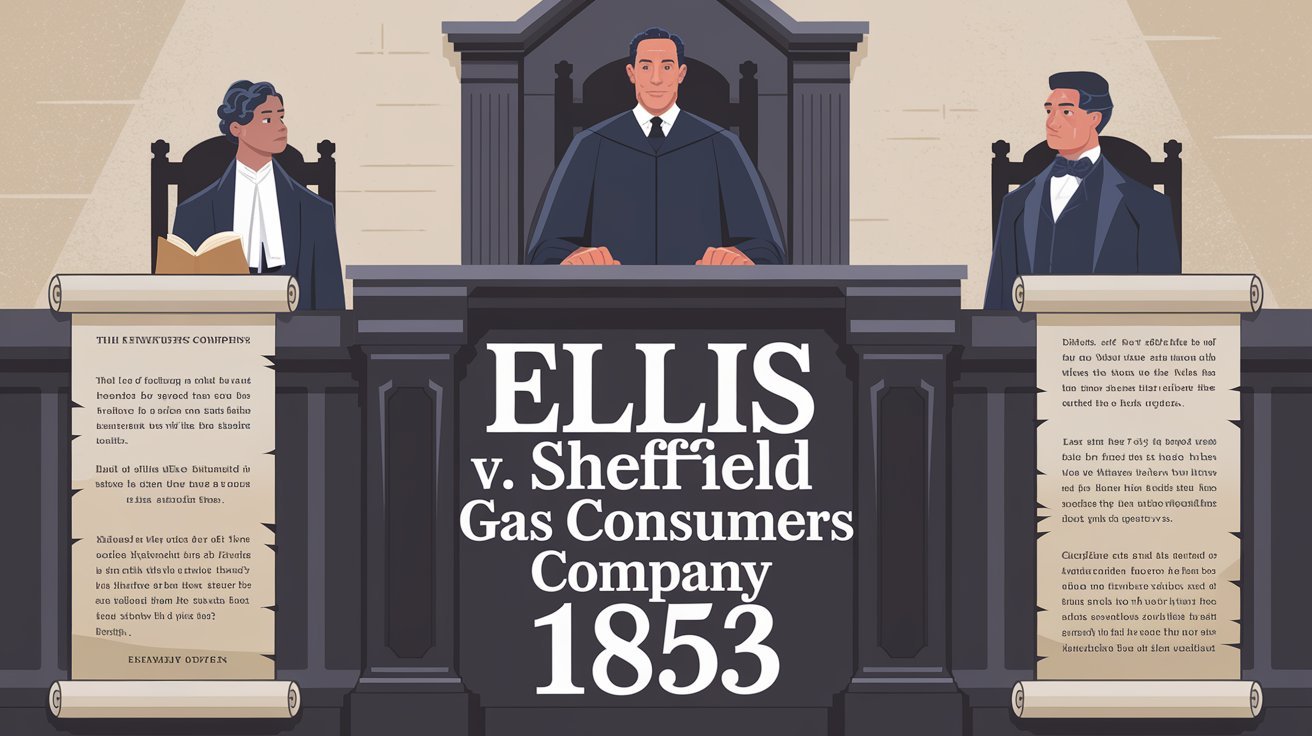
This case is a landmark decision in tort law, establishing that a principal can be held liable for damages caused by the actions of an independent contractor if those actions inherently involve a nuisance or wrongful act.
Table of Contents
ToggleFacts of Ellis v Sheffield Gas Consumers Company
- The Sheffield Gas Consumers Company (the defendant) hired an independent contractor to excavate public streets to lay gas pipes.
- The contractor left the excavation site in a hazardous condition, failing to take adequate safety measures.
- The plaintiff, Ellis, was injured as a result of the unsafe conditions caused by the excavation.
- Ellis sued the Sheffield Gas Consumers Company, arguing that they were responsible for the nuisance created by their contractor.
Issues framed
- Whether a principal be held liable for the negligent acts of an independent contractor?
- Whether liability arises when the work inherently creates a nuisance, even if performed by a third party?
Judgment of Ellis v Sheffield Gas Consumers Company
The court examined the principles of non-delegable duties and liability for nuisance, focusing on whether the nature of the work itself imposes liability on the employer.
The court held that the work contracted out by the defendant was inherently dangerous and likely to create a nuisance if not executed with care. Liability could not be avoided simply by hiring an independent contractor, as the defendant had a non-delegable duty to ensure public safety during the work.
The court ruled in favor of Ellis, holding Sheffield Gas Consumers Company liable for the injuries. The court emphasized, “When a person authorizes work that, if improperly done, will create a nuisance, they cannot escape liability by employing a contractor to perform it.”


